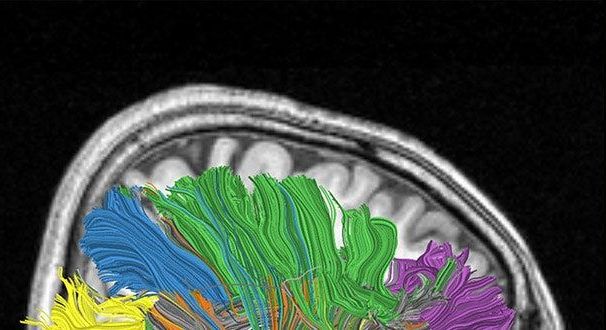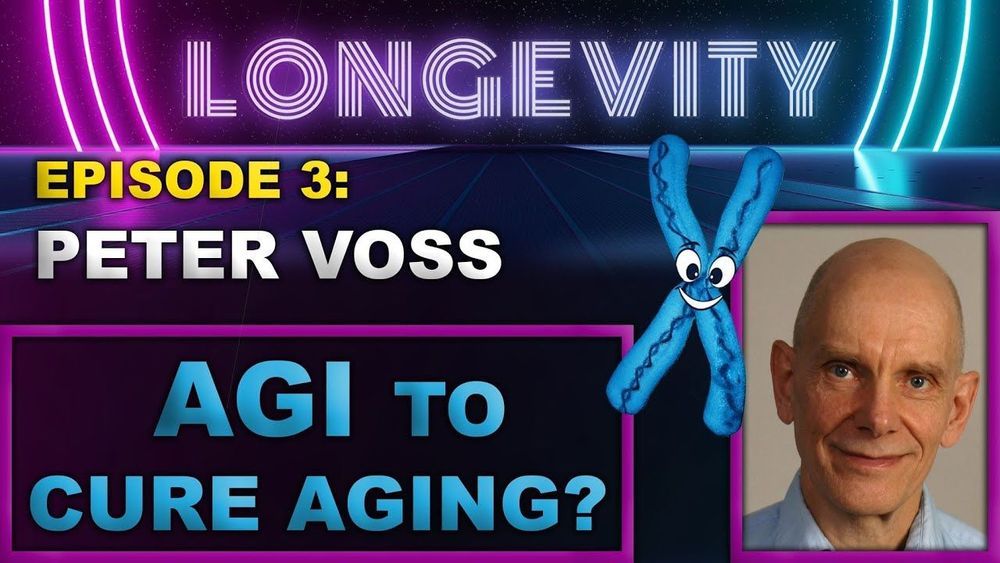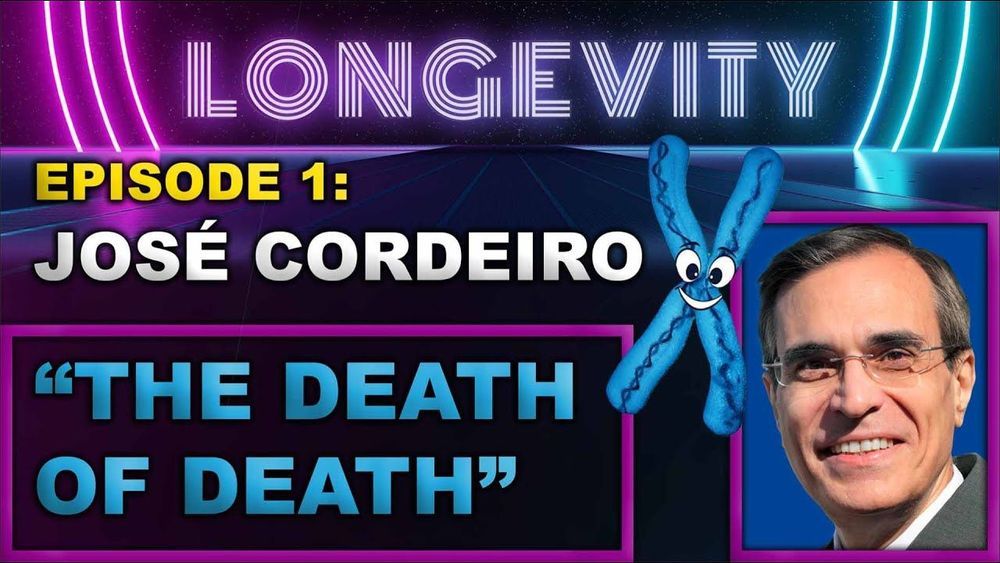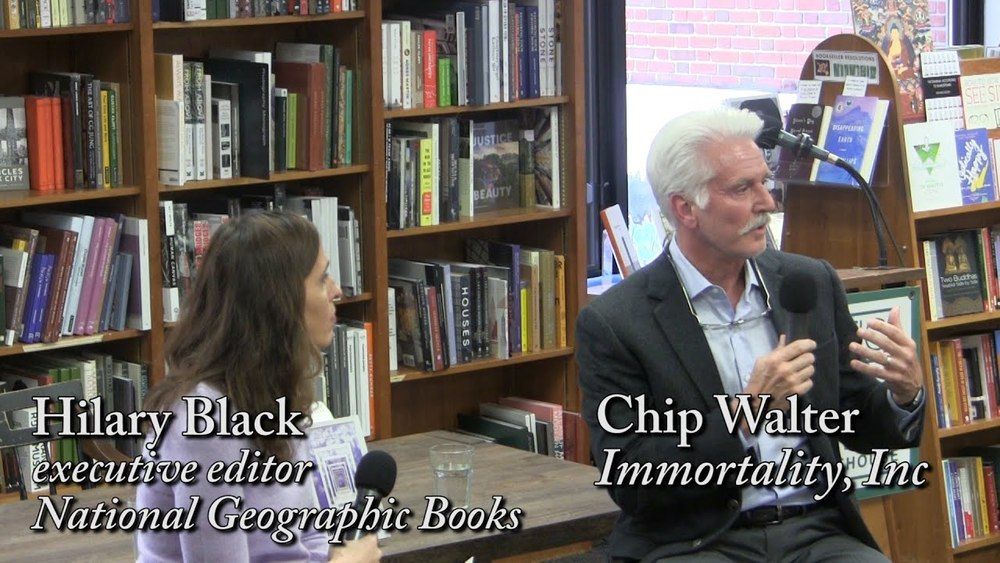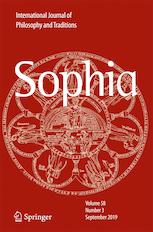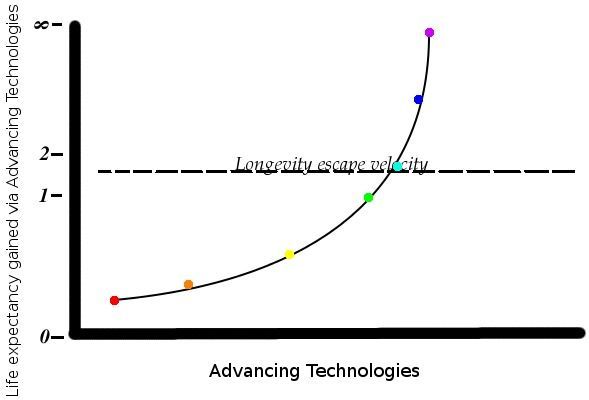Jun 20, 2021
Experts predict that well be able to live up to 20% longer over the next 100 years. Heres how humans are trying to live forever
Posted by Ian Hale in categories: biotech/medical, life extension, Ray Kurzweil
https://youtube.com/watch?v=mWWDMV2W7QM
Experts predict that we’ll be able to live up to 20% longer over the next 100 years. Here’s how humans are trying to live forever. Andrea Schmitz and Benji Jones Apr 3, 2019, 12:00 PM @ These potential treatments for aging could unlock cures to a range of age-related illnesses, from cancer to heart disease – Charlotte Hu Aug 20, 2018, 1:21 PM @ Animals that defy the rules of aging — like naked mole rats — could help scientists unravel the secrets to longevity – Charlotte Hu Aug 15, 2018, 2:54 PM @ Everything you thought you knew about aging is wrong – Erin Brodwin Apr 27, 2016, 12:13 PM *© 2021 Insider Inc. @ Other very important information, images, YouTube Videos (Ray Kurzweil – Physical Immortality – 3 de jan. de 2017 & Ray Kurzweil + Disruptive Technologies and Dangerous Ideas – 5 de dez. de 2017), websites, social networks and links.

